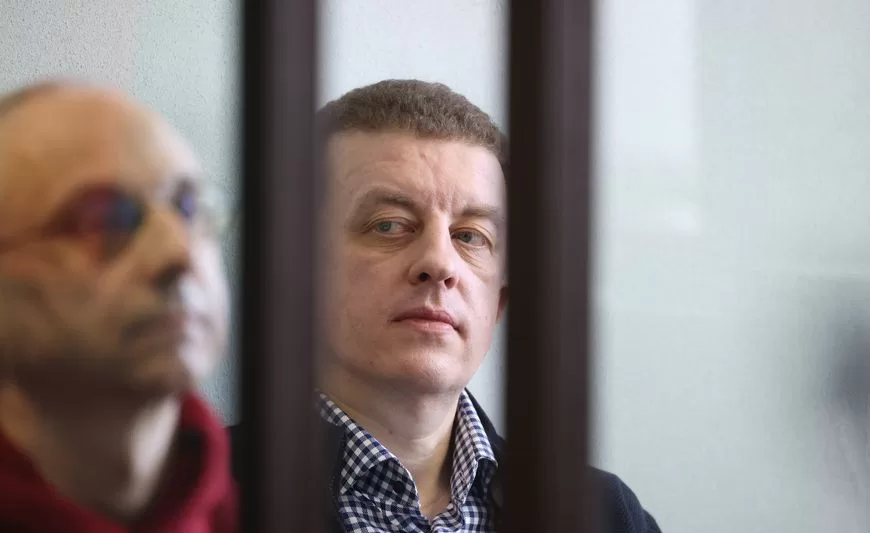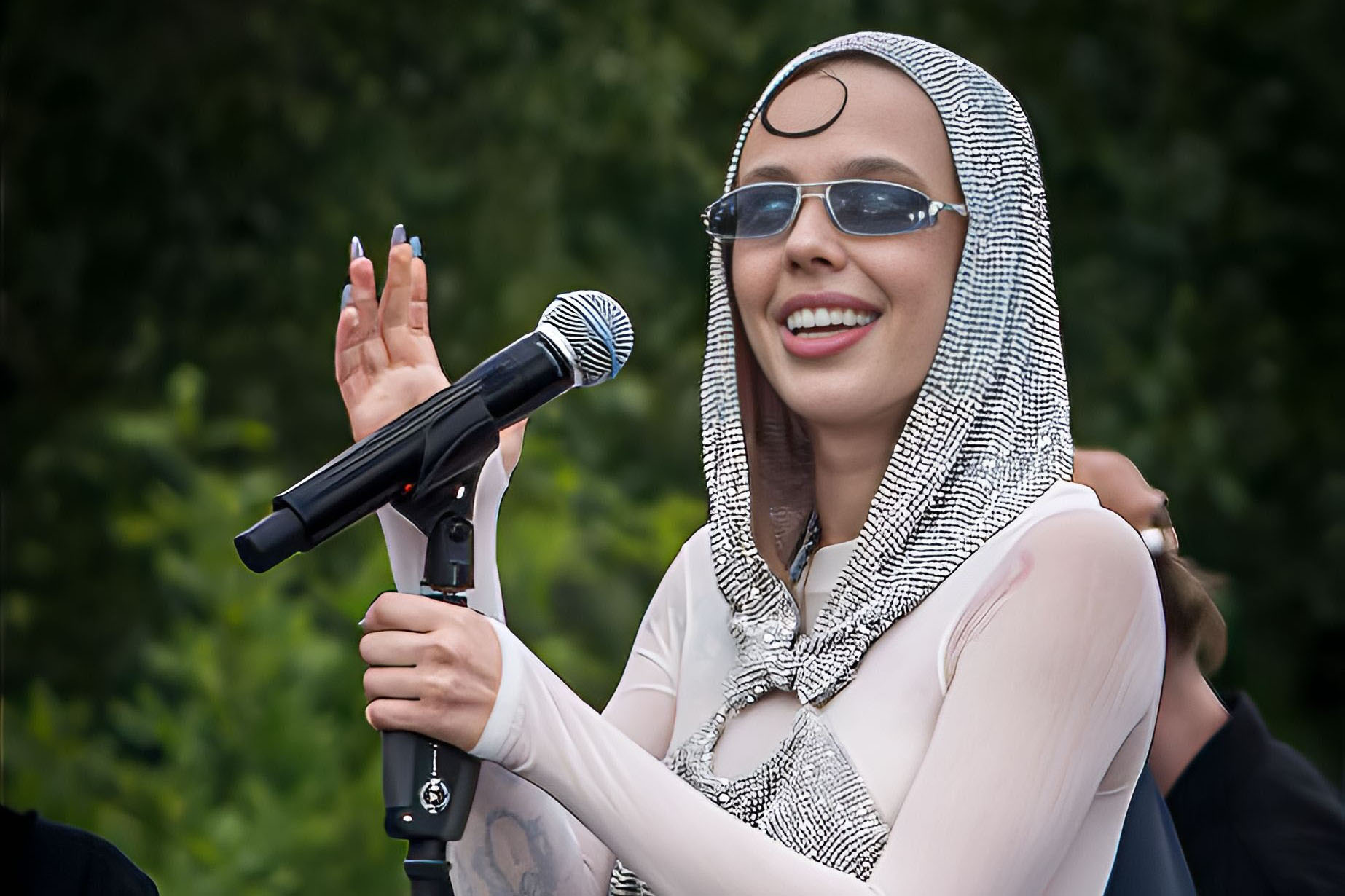Rights activists have said there has been an onslaught of freedom of expression violations in Russia as the country’s 4 December parliamentary elections draw closer.
Russia’s leading independent election watchdog, GOLOS (voice) Association, has become the focus of a a propaganda war, coming under sustained attacks from pro-government media and persecution from law enforcement agencies. At the end of November, NTV channel reporters stormed the association’s Moscow office with a video camera, shouting out questions about the activists’ connections to the CIA. GOLOS’s deputy director Grigory Melkonyants recorded the invasion on his mobile phone and then posted it on YouTube. While recording, Melkonyants repeatedly described NTV as a propaganda tool of Vladimir Putin’s chief strategist, Vladislav Surkov.
“The channel’s reporters interviewed us several days ago and had a chance to receive all the answers they sought”, Melkonyants explained. “The same day they invaded the office, they could have gone to an independent press centre in Moscow where GOLOS was giving a press conference”. The head of GOLOS, Liliya Shibanova, called this “administrative harassment in order to prevent the association from doing its job — stopping violations of law at elections”. One of the association’s regional offices in Altay was also searched by local prosecutors.
GOLOS was established in 2000 as an independent organisation to monitor elections and prevent fraud. It is being financed mainly by grants from Europe and the United States, which ensures its members are not dependent on the Russian government.
The harrassment of the organisation continues. Soon after the NTV incident, deputies from three political parties (United Russia, A Just Russia and LDPR) appealed to Russia’s general prosecutor to investigate GOLOS and establish if it intrudes on the electoral campaign. Moscow Meschanskaya Prosecutor’s office complied and filed an administrative case against GOLOS, saying the association violated elections law by publishing research and poll results less than five days before the elections. Prosecutors claimed the association “aims to create a negative image of one of the political parties” but did not provide any details. GOLOS denied these allegations, calling them a part of a discrediting campaign.
Rights activists assume that the one party most unhappy with GOLOS is United Russia, which is led by Russian prime minister Vladimir Putin. The party may have been irritated by a special project from GOLOS titled The Map of Election Violations, which is a Google-based interactive map where all Russian internet users can leave messages about law violations during the electoral campaign. GOLOS experts check these messages and report violations to law enforcement agencies and election commissions. On 2 December, the map described almost five thousand incidents.
When prosecutors started investigating GOLOS’ activities, the organisations information partner, online news site Gazeta.ru, removed links to the map. The site’s deputy editor Roman Badanin resigned in protest.
According to the map, the most frequent subject of complaints is United Russia. The most common violation is using administrative resources to agitate for United Russia or against their opponents. Local authorities in Moscow and other cities told businessmen to make their employees vote for the party, and some offered money for votes.
Moscow mayor Sergey Sobyanin claimed it was absolutely fine that posters calling on citizens to vote were of a similar design to those calling for votes for United Russia. Several opposition members tried to hold an “elections funeral” in late November — a protest in front of the Central Election Commission in Moscow which was to symbolise the “death” of free election process. They were all detained, some of them fined. The head of the Central Election Commission Vladimir Churov also critisised GOLOS alleging the association agitated against United Russia.
As elections go ahead, those critical of the Kremlin have two strategies. One was proposed by a well-known blogger Aleksey Navalny, who suggests that people vote for any party except United Russia and work with GOLOS to report election law violations at polling stations.
Another was made popular by unregistered opposition People’s Freedom Party led by Boris Nemtsov, Mikhail Kasyanov and Vladimir Ryzhkov. They say the best thing to do on 4 December is to protest election violations across Russia.




